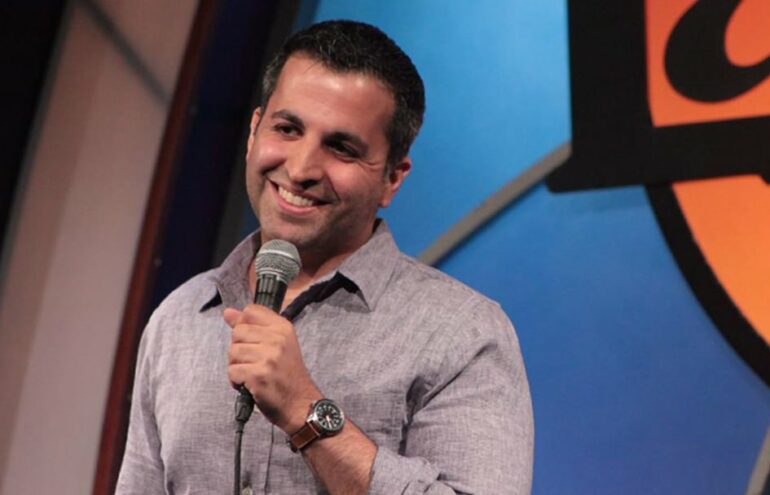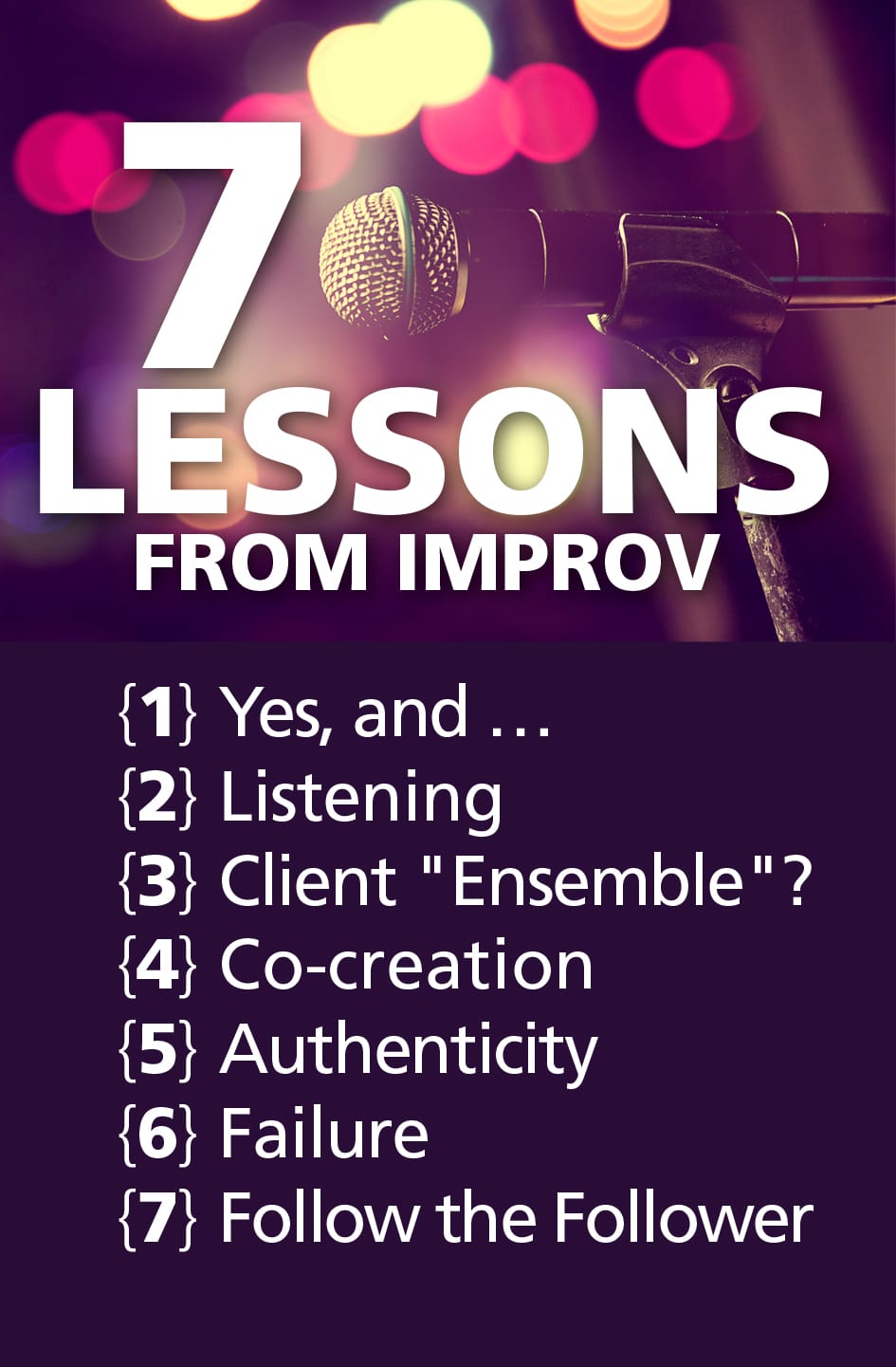Comedy in the courtroom may not be a good idea, but the lessons you can learn from stand-up comedy and improv could be crucial to courtroom success.

There are places where you can tell a joke and places where you definitely shouldn’t. Generally, the courtroom is not the first choice for stand-up comedy.
Unless you’re Paul Farahvar.
Farahvar took improv classes at Chicago’s Second City comedy school to improve his courtroom game. “Originally, I took improv classes and did comedy to loosen up,” he says. The classes definitely helped — maybe a little too much. Today Farahvar, still a litigator in Chicago, is also a full-time stand-up comic.
The opening statement in any court case is a performance. It’s the part where the jury, and everyone present, is a captive audience with the lawyer almost literally on stage. Knowing a little about the craft of stand-up could give you an edge.
Or it could backfire and make you a laughingstock.
Comedy in the Courtroom Doesn’t Always Work
Plenty of trial lawyers and judges have used the bench as an open mic. Historically, this is not a good idea. Don West began the 2013 trial of George Zimmerman with a knock-knock joke. And not a good one.
Former Maryland judge Bruce Lamdin’s courtroom humor was so bad he was suspended for 30 days without pay in a 2007 disciplinary action that cited, among other more wordy admonishments, that “a judge shall be dignified.” Lamdin’s witticisms included this startling one-liner about his displeasure with noisy kids in his court:
“ … we confiscate cell phones and we put the cell phones in plastic bags and send them down to Annapolis. I suggested maybe we ought to do the same with children except poke holes in the bag.”
Perhaps the worst case of courtroom comedic disaster occurred when Jay Floyd opened his oral argument in Roe v. Wade with a sexist joke. His effort was received with three whole seconds of pure crickets, during which it was reported Chief Justice Warren Burger glared furiously from the bench.
Improv Comedy Skills Translate Nicely into Business
Knowing that humor does not normally please the court, why would a lawyer learn improv?
Scott Zoll, VP of Second City Works, can answer that question. Second City Works is the B2B arm of the famous comedy and improv school. It works with hundreds of organizations to help business professionals hone seven important skills through improv:
- Communication
- Collaboration
- Building trust
- Active listening
- Agility
- Authenticity
- Resilience
Applying Improv Skills in the Courtroom
Improv and stand-up give you a space to fail. That’s something a lawyer can’t practice. In improv, you’re taught to almost relish failure, to see it as an indication that your bit should move into a new direction because you’ve lost your audience. In stand-up, you learn to endure the terrifying silence when a joke falls flat. On the comedy stage, you experience public failure without the repercussion of losing a case.
“When you see a great actor or a great athlete, you’re seeing them at the top of their game,” says Zoll. “What you don’t see are the hours and hours of practice and failure that they go through to get to that level of performance. Improv is all about building trust with your team and your audience. It’s about active listening. It helps an attorney meet a jury where they’re at, and not overwhelm them with just facts and data.”
Farahvar agrees. Among his abilities as a stand-up comic is being able to react and to feel out an audience. “Some lawyers tend to talk at their jury,” he says. “As a comedian, you learn to talk with them.”
A Trial Is a Stage
Improv’s surprising ability to teach these lessons has such value that Second City has partnered with the Center for Decision Research at the University of Chicago Booth School of Business to use behavioral science to study improv’s effect on business communication and decision-making. (See “Seven Business Lessons for Lawyers from Improv Comedy.”)
Marsha Hunter, co-author of “The Articulate Advocate” and “The Articulate Attorney,” encourages lawyers to take improv classes because they’ll learn to work on their feet. Hunter, a legal communications consultant, says this is vital for speaking in an environment where you can’t control the direction of the conversation.
“So often lawyers are tempted to read some theoretically perfect ‘script’ they have written in advance,” Hunter says. “But they cannot possibly read something they wrote earlier because events in a courtroom unfold unpredictably in real time — the entire trial is a giant improv around their client’s unfortunate theme.”
Illustration ©iStockPhoto.com
Subscribe to Attorney at Work
Get really good ideas every day: Subscribe to the Daily Dispatch and Weekly Wrap (it’s free). Follow us on Twitter @attnyatwork.

















